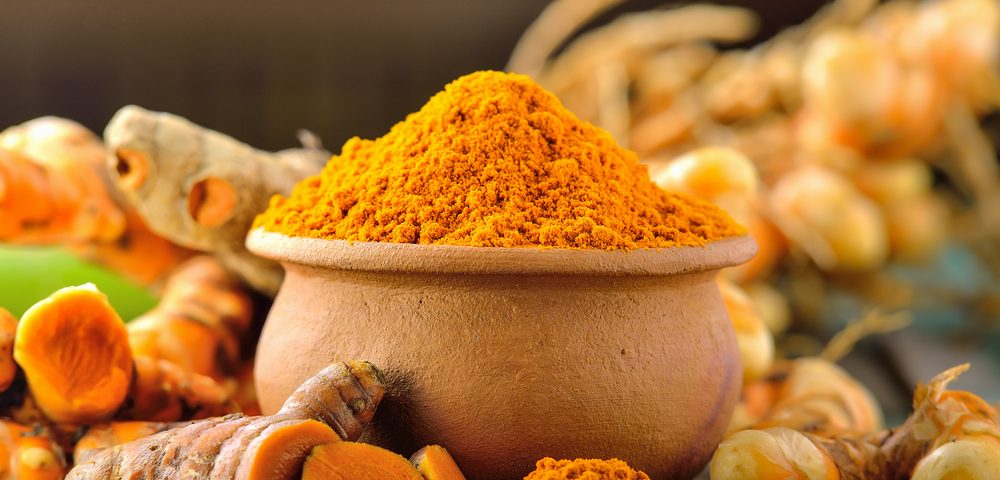Curcumin, a chemical found in turmeric plants, was more effective than suberanilohydroxamic acid, or SAHA, in reducing tumor mass in sarcomatoid malignant mesothelioma (MM) when tested in rats, and did not generate cells resistant to the drug being used, as SAHA did, researchers report.
Their study, “Evaluation of intracavitary administration of curcumin for the treatment of sarcomatoid mesothelioma,” was published in the journal Oncotarget in February.
Malignant mesothelioma is a cancer most often found in the lining of the lungs and chest wall, but can also affect the linings of other parts of the body, such as the abdomen or heart. Sarcomatoid mesothelioma is the least common, but most aggressive, of the three major subtypes of mesothelioma, and is formed by sarcomatoid cells in the pleura, or lining of the lungs.
Curcumin is a bright yellow chemical found in some plants, particularly turmeric. SAHA, marketed as Zolinza (vorinostat), is an epigenetic drug that induces changes in the DNA. Zolinza is approved to treat skin problems caused by cutaneous T-cell lymphoma.
Researchers first tested the ability of curcumin to kill cancer cells from sarcomatoid MM tumors grown in the laboratory. They established the dose of curcumin required to kill all of the cultured tumor cells.
Then they initiated sarcomatoid MM tumors in rats, and allowed metastasis, or spread of the cancer to other tissues, to happen by injecting the rats with tumor cells and allowing the tumors to grow and spread for three weeks.
The rats were treated with either curcumin or SAHA at 21 and 26 days after the initial injection of tumor cells. Curcumin killed more tumor cells than SAHA, and tumors in rats treated with SAHA had clusters of cells that were resistant to treatment.
When curcumin was administered to the rats one week after the injection of tumor cells, the size of the tumors dropped dramatically by the 16th day.
The researchers also found that curcumin appeared to stimulate the immune system, observing a type of white blood cell surrounding remaining tumors in rats treated with curcumin. This white blood cell, known as a CD8+ T-cell, is known to kill cancer cells under the right conditions.
“In conclusion, these data open up interesting new prospects for the therapy of malignant mesothelioma with curcumin, in particular the sarcomatoid subtype,” the research team wrote. “Future studies will determine the best sequence/dose(s) of curcumin or its many derivatives to use to optimize the specific immune response directed against M5-T1 cells. A complementary approach would also be the combination of curcumin/derivatives with current chemotherapeutic agents to reduce the dose used and the associated systemic toxicity of the latter.”


